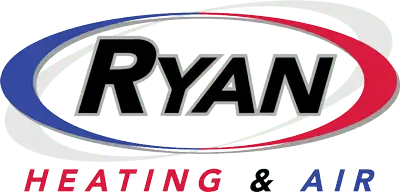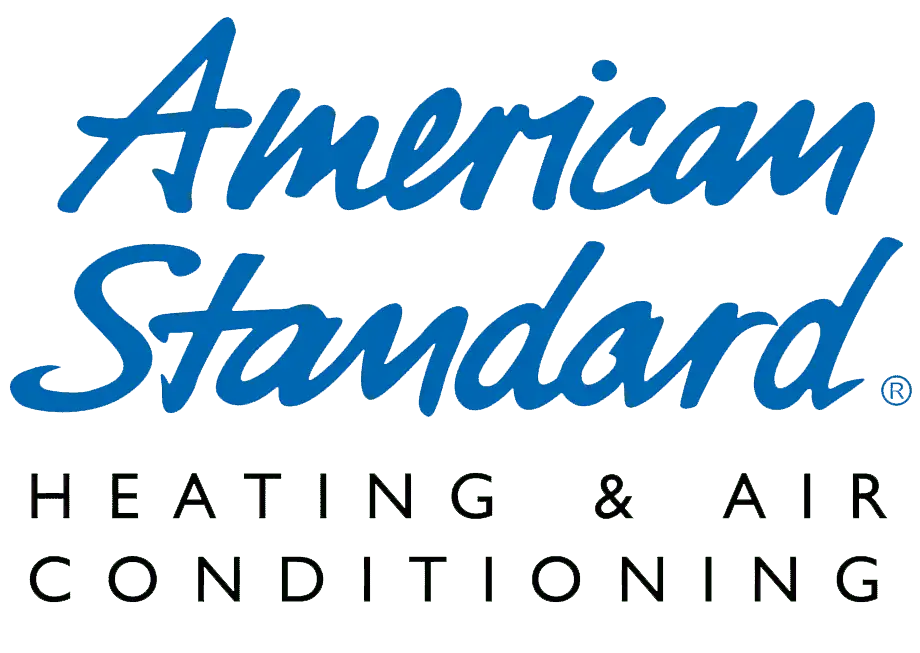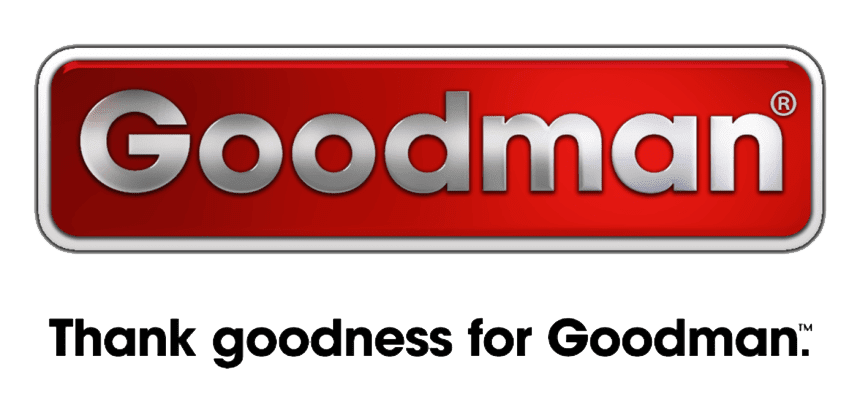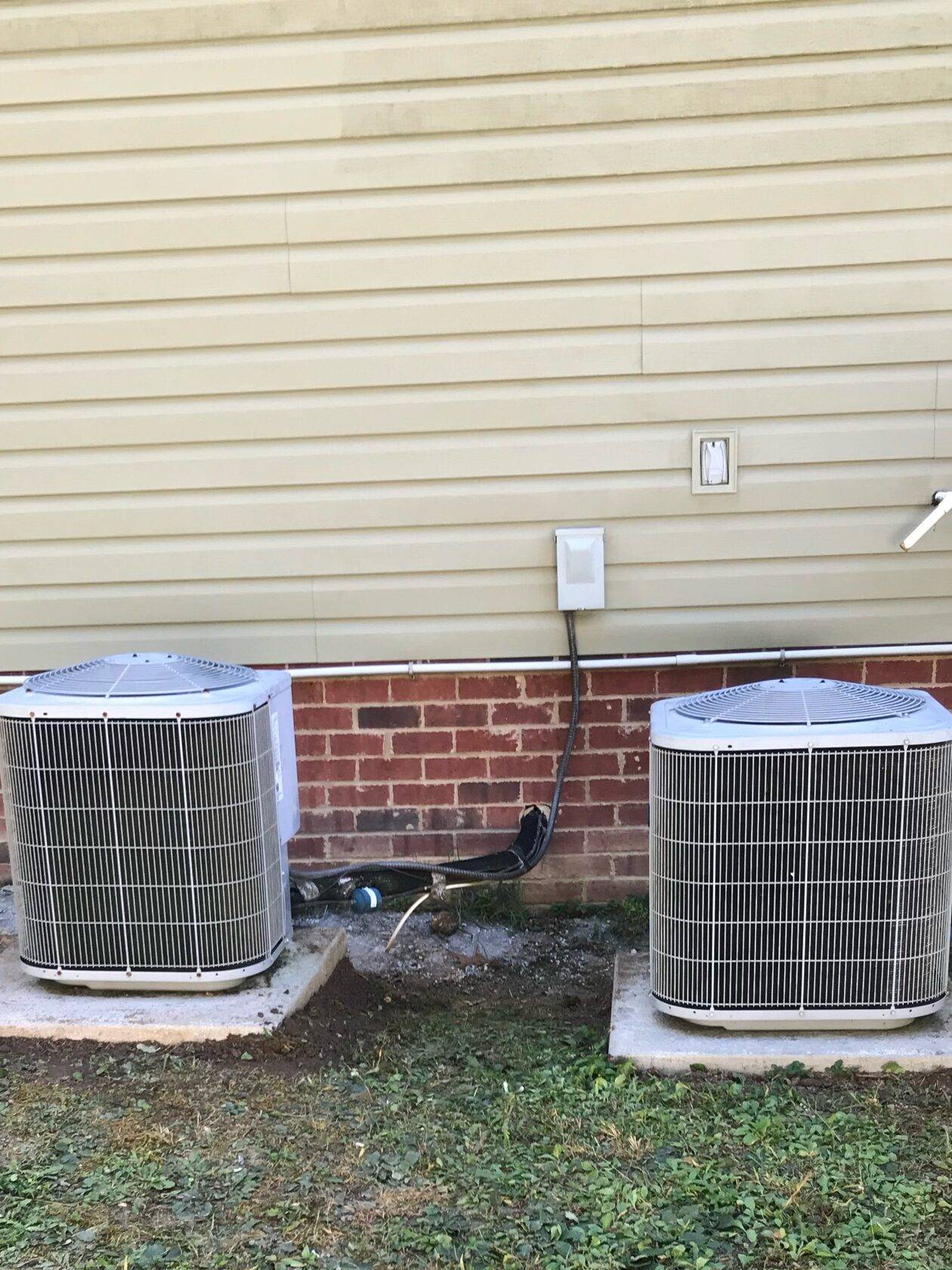
Facing HVAC issues in Chattanooga, TN, or nearby? Deciding whether to repair or replace your system can be daunting. Our comprehensive blog post offers insights to help you determine the best course of action, ensuring optimal efficiency and comfort.
Does My HVAC System Need To Be Repaired Or Replaced?
Deciding whether to repair or replace your HVAC system is a significant decision for any property owner in Chattanooga, TN, and the surrounding areas. This choice not only affects your comfort but also has financial implications. To help you make an informed decision, consider the following factors:
Age of the System
The lifespan of an HVAC system typically ranges from 15 to 20 years. If your system is over 15 years old and facing frequent issues, it might be more cost-effective to replace it with a newer, more efficient model.
Repair Frequency
Pay attention to how often your system needs repairs. Frequent breakdowns are not just inconvenient; they’re indicators that your system is nearing the end of its useful life. If you’re calling for repairs more than twice a year, it’s time to consider replacement.
Energy Bills
An increase in energy bills can signify that your HVAC system is losing efficiency. Older systems work harder to maintain the same level of comfort, leading to higher utility costs. A new, energy-efficient system could reduce your energy consumption and save money in the long run.
Comfort Levels
Consistency in heating and cooling is a sign of a healthy HVAC system. If you’re experiencing uneven temperatures, humidity problems, or poor air quality, these could be symptoms of a system struggling to perform efficiently.
Noise and Other Signs
Unusual noises, such as banging, grinding, or squealing, can indicate serious problems. Similarly, if your system emits strange odors or you notice an increase in dust around your property, these are signs that your system may be failing.
Cost of Repairs vs. Replacement
If a repair is going to cost more than 50% of the price of a new system, it’s generally better to opt for replacement. Additionally, consider the future costs you might incur if the system continues to fail.
Technological Advancements
Modern HVAC systems offer advancements in energy efficiency, smart controls, and improved air quality. Upgrading to a newer model could provide you with benefits that go beyond heating and cooling.
Warranty Status
If your system is still under warranty, repairs might be more economical. However, if the warranty has expired, the cost of repairs, including parts and labor, can add up quickly, making replacement a more attractive option.
Environmental Considerations
Older HVAC systems often use refrigerants that are less environmentally friendly. Upgrading to a newer system can be a more eco-conscious decision, aligning with contemporary environmental standards.
Local Climate
Chattanooga’s climate and your specific location may influence your decision. Systems in areas with extreme weather conditions tend to wear out more quickly and might benefit from a modern, robust system designed for such environments.
Consult a Professional
While these factors provide a general guideline, every situation is unique. Consult with our experienced technicians at Ryan Heating & Air. We can assess your current system, discuss your specific needs, and provide personalized recommendations, whether it’s a repair or a full replacement.
Will A New HVAC System Lower My Electric Bill?
Yes, a new HVAC system can lower your electric bill, as newer systems are generally more energy-efficient, leading to reduced energy consumption and lower costs. When considering the potential for lower electric bills with a new HVAC (Heating, Ventilation, and Air Conditioning) system, it’s important to understand various factors that influence this outcome. An informed decision requires considering these elements in detail:
Improved Energy Efficiency
Newer HVAC systems are generally more energy-efficient than older models. They are designed to use less electricity for the same level of heating or cooling, thanks to advancements in technology and stricter energy standards. This improved efficiency can significantly reduce your electric bills.
SEER Ratings
The Seasonal Energy Efficiency Ratio (SEER) rating of an HVAC system indicates its cooling efficiency. The higher the SEER rating, the more efficiently the system operates. Upgrading to a unit with a higher SEER rating can result in more efficient energy use and lower electric bills.
Heating Efficiency
For heating, the Annual Fuel Utilization Efficiency (AFUE) rating is crucial. Newer models have higher AFUE ratings, meaning they convert a higher percentage of energy into heat, which can lower your heating costs.
Proper Sizing and Installation
An air conditioner or heating system that’s properly sized for your home is crucial for efficiency. An oversized or undersized system can lead to increased energy use and higher bills. Professional installation ensures that the system operates at its peak efficiency.
Programmable Thermostats
Modern HVAC systems often include programmable thermostats, allowing for better control over heating and cooling. By setting your HVAC system to operate less during times when you’re away or asleep, you can significantly reduce energy consumption.
Variable Speed Technology
Some new HVAC systems come with variable speed technology, which allows the system to adjust its output more precisely based on the current need. This leads to less energy use compared to older systems that operate at full capacity regardless of the demand.
Maintenance and Longevity
New systems require less maintenance and are less likely to need costly repairs, which can add to savings. Also, they tend to have a longer lifespan than older systems, providing more years of efficient service.
Local Climate and Usage
In Chattanooga’s variable climate, an efficient HVAC system can make a big difference in energy usage. The more extreme the outdoor temperatures, the harder your system has to work, and an efficient system can handle these demands with less energy.
Environmental Impact
Newer systems are not only more efficient but also often use environmentally friendlier refrigerants. This reduces your carbon footprint while saving you money.
Rebates and Incentives
Look out for any local or federal incentives for installing energy-efficient HVAC systems. These can offset the initial cost and enhance the overall savings.
How Do I Prolong My HVAC System’s Lifespan
To ensure that your HVAC system operates efficiently for many years, a combination of regular maintenance and wise usage practices is essential. Implementing the following strategies can significantly extend the lifespan of your heating and air conditioning unit:
- Commitment to Regular Maintenance
- Replace HVAC System Filters Diligently
- Outdoor AC Unit Care
- Strategic Thermostat Use
- Ensuring Ductwork Efficiency
- Ventilation System Maintenance
- Optimal Temperature Settings
- Utilizing Ceiling Fans
- Home Insulation Upgrades
- Embracing Smart Heaters and Air Conditioners
- Refrigerant Level Checks
- Prompt Issue Resolution
1. Commitment to Regular Maintenance
Annual maintenance by an HVAC technician is key. This allows professionals to detect and resolve small issues early, preventing them from evolving into larger, more costly problems. Such preventive care keeps the system running smoothly and efficiently.
2. Diligent Filter Management
Airflow restrictions due to dirty filters can overburden your system. By replacing or cleaning air filters every one to three months, you not only enhance system efficiency but also improve the air quality within your space.
3. Outdoor Unit Care
Keeping the outdoor unit clear of debris, such as leaves and dirt, is crucial. A debris-free area around the unit ensures there are no airflow obstructions, thereby enhancing its performance and longevity.
4. Strategic Thermostat Use
Programmable thermostats are a game-changer. They allow you to adjust the temperature according to your schedule, slightly higher in the summer and lower in the winter when the property is vacant. This practice conserves energy and reduces the system’s operational strain.
5. Ensuring Ductwork Efficiency
Ductwork with leaks can lead to significant energy loss. By sealing and insulating the ducts, you can bolster your system’s energy efficiency, thereby easing its workload and extending its operational life.
6. Ventilation System Maintenance
Consistent inspection and cleaning of all vents and registers are important to maintain a stable airflow. Keeping them free from blockages and dust accumulation is essential for the efficient functioning of your heating and cooling system.
7. Optimal Temperature Settings
Setting your thermostat to extreme temperatures can stress your HVAC system. Opt for moderate settings to maintain comfort without overworking the system.
8. Utilizing Ceiling Fans
Ceiling fans can be a great ally in air circulation. They reduce the dependency on your HVAC system for temperature regulation, thereby decreasing its workload and prolonging its lifespan.
9. Home Insulation Upgrades
Efficient home insulation plays a pivotal role. It helps maintain indoor temperatures, thereby lessening the demand on your HVAC system, especially during the peak of summer and winter.
10. Embracing Smart HVAC Solutions
Investing in smart home technologies, such as smart thermostats, can lead to more efficient HVAC usage. These systems can adapt to your living habits, optimizing energy use and reducing unnecessary strain on the system.
11. Refrigerant Level Checks
Ensuring your system has the correct refrigerant levels is critical. Insufficient levels force the system to work harder, accelerating wear and tear. Professional servicing is recommended for optimal maintenance.
12. Prompt Issue Resolution
Be attentive to any unusual signs from your heating and AC system, such as strange noises, odors, or a drop in efficiency. Quick action on these issues can prevent them from escalating into major repairs.
Following these steps will not only prolong the life of your HVAC equipment but also ensure it runs more efficiently, ultimately saving you money in HVAC repair costs and energy bills. Regular check-ups from a trusted service provider like Ryan Heating & Air can greatly contribute to the longevity and effectiveness of your system.
Take Control of Your Comfort Today 👩🔧🌟
Ready to enhance your home’s efficiency and lower your electric bills? Contact Ryan Heating & Air now to explore your HVAC options. Our expert team is committed to providing tailored solutions that suit your needs. Elevate your living or working space with our top-notch HVAC services. Act today for a more comfortable tomorrow!

